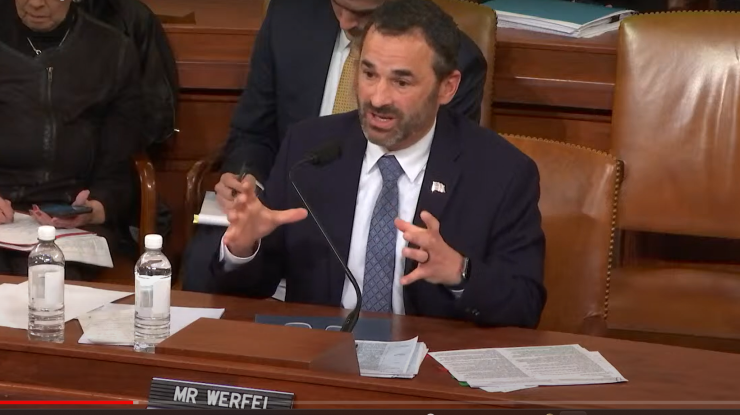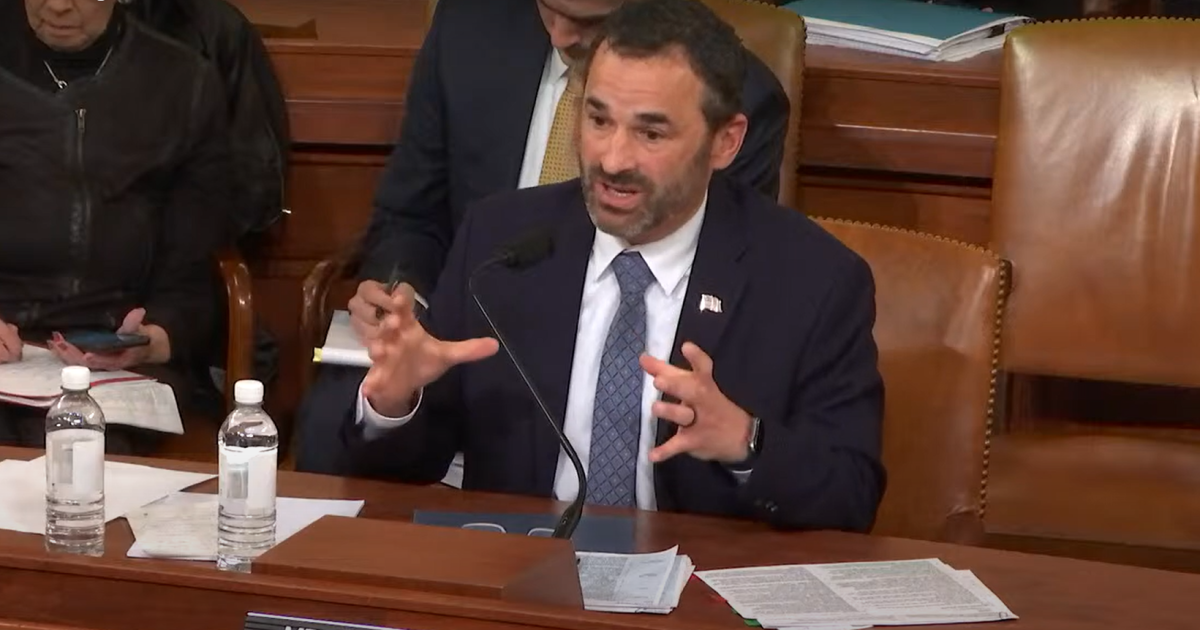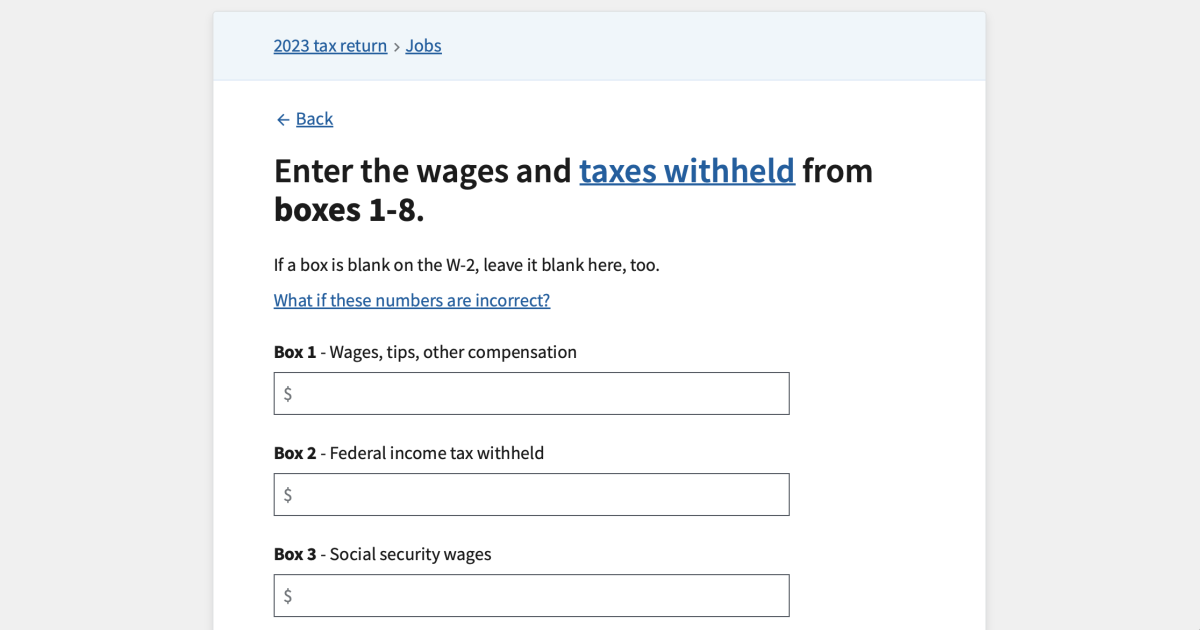The Internal Revenue Service would be able to implement changes to the Child Tax Credit within weeks, IRS Commissioner Danny Werfel told Congress, and send out tax refunds promptly.
The expanded Child Tax Credit is part of the
During a hearing Thursday before the House Ways and Means Committee, Werfel was asked by chairman Jason Smith, R-Missouri, about how quickly the IRS could make adjustments if the bill ultimately passes. The extent of the enhanced Child Tax Credit has already been scaled back from the version included in the American Rescue Plan Act of 2021 to avoid making it fully refundable or provide monthly payments, but some senators would like to see further changes.
“We gave you a range of six to 12 weeks required for implementation from the point of enactment,” Werfel responded. “The reason we give a range is because we need to see the final language. But I’m committed to work diligently to make sure we’re closer to the six-week end of that range than the 12-week.”
“So just to be clear, we have your commitment that the IRS will move as quickly as possible to implement these changes?” Smith asked.
Werfel assured him it would be. “It will be a top priority to make sure that this gets done,” he said.

Werfel also confirmed for members of the committee that only 10% of households would see modest adjustments to their tax refunds due to changes in the Child Tax Credit, enabling the IRS to process tax refunds quickly.
More audits
Werfel was asked by House Ways and Means Committee ranking member Richard Neal, D-Massachusetts, about the IRS’s efforts to improve audits of high-income taxpayers and large corporations. He pointed to improvements after the IRS received extra funding under the Inflation Reduction Act.
“What happened in the period before the Inflation Reduction Act, when IRS funding was low and we weren’t making the appropriate investments, is there were a variety of different areas we fell behind,” said Werfel. “One of the key areas where we fell behind is the ability to assess complex returns, so in situations where taxpayers had the means to hire an army of lawyers or accountants to create a lot of complexity in their return and potentially shield income, we weren’t making the appropriate investments to track that, assess it and collect it. And now we are doing just that. With the Inflation Reduction Act resources, we are focused on building our capacity around how to deal with complex returns, and how to make sure there’s fairness.”
The Government Accountability Office recently
Inflation Reduction Act funding
Werfel pointed to some of the other advantages of the extra funding under the Inflation Reduction as it comes under threat from budget cuts. Congress has already decided to reduce the $80 billion in funding over 10 years by $21.4 billion and may
“Before the Inflation Reduction Act was passed, our walk-in centers around the country were closed or understaffed, with lines around the block,” said Werfel. “Now just a few years later, we’ve opened 50 new walk-in centers and they’re fully staffed. We’re
Direct File
Werfel was also asked about the free
“We do have a responsibility and an authority to offer taxpayers different approaches for how to meet their tax obligations,” said Werfel. “I can give you the exact statutory cite for that. What’s critical about the Direct File solution is that it is an option. There is no mandate for anyone to use this solution should they choose.”
A former IRS official defended the program in an interview with Accounting Today this week. “Direct File is part of the IRS’s transformational objective, and it is a good first step,” said Eric Hylton, a former commissioner of the IRS’s Small Business/Self-Employed division and deputy chief of the IRS’s Criminal Investigation division who is now national director of compliance at the tax consulting firm Alliantgroup. “Obviously, there are a number of challenges. That’s why they started off with a small pilot.”
Hylton compared it to what other countries are doing with their tax-filing programs. He noted that he chaired the Organization for Economic Cooperation and Development’s Task Force for Tax Crimes and Other Crimes. “I’ve had a lot of interaction with tax administrations around the world,” he said. “As we move into increasing digitalization of the economy, of society, tax administration is going to have to move in that direction. I look at Direct File as one step, and they need to make the move to where the IRS does certain tax returns for a certain percentage of the population. You see a number of different tax administrations around the world being able to do that, and it helps reduce tax burden.”
The IRS reported Friday that Direct File is continuing to receive a steady stream of returns from the 1,200 taxpayers participating in the initial testing phase. This week, the IRS started state integration testing for the service with Arizona, New York and Massachusetts. That expanded testing to several hundred filers in the pilot states with income taxes. Taxpayers who used Direct File have also started receiving their tax refunds. The pilot is only an option for taxpayers in one of
“Internal testing continues, with additional testing underway to ensure Direct File is successfully integrated with state systems,” said Bridget Roberts, chief of Direct File, in a statement.




